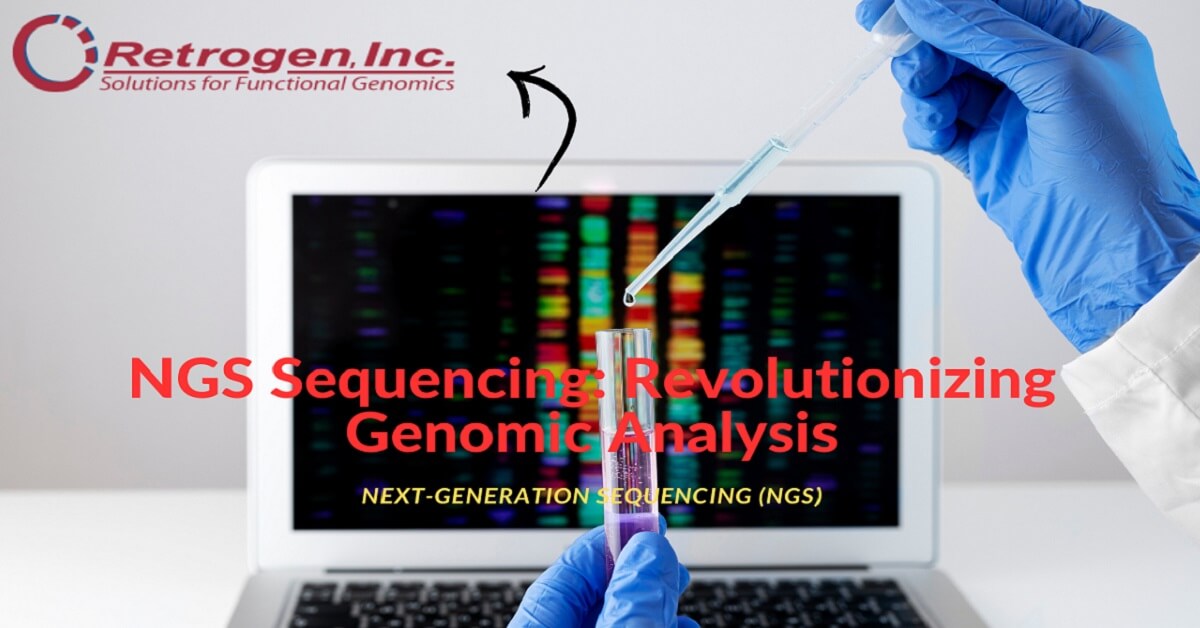
Next-Generation Sequencing (NGS), also known as high-throughput sequencing, has transformed the landscape of genomics and molecular biology. This powerful technology enables researchers to sequence DNA and RNA much more quickly and cheaply than the traditional Sanger sequencing method, opening up new possibilities for scientific discovery and clinical diagnostics. In this article, we delve into the intricacies of NGS sequencing, its applications, and the future it holds for genomic research.
What is NGS Sequencing?
NGS sequencing refers to a collection of modern sequencing technologies that allow for the parallel sequencing of millions of DNA strands. The advent of NGS platforms has dramatically increased the speed and efficiency of sequencing, reducing both the time and cost associated with genomic research. Unlike Sanger sequencing, which processes one DNA fragment at a time, NGS can handle numerous fragments simultaneously, providing a comprehensive view of the genome.
The Process of NGS Sequencing:
The NGS workflow comprises several stages, starting with sample preparation where DNA or RNA is extracted and fragmented. These fragments are then ligated with adapters for subsequent amplification and sequencing. The library preparation is followed by sequencing, which can be done using various methods like Illumina’s sequencing by synthesis, Ion Torrent’s semiconductor sequencing, or Oxford Nanopore’s nanopore sequencing.
After sequencing, the resulting data undergoes bioinformatics analysis, which involves aligning sequences to a reference genome and identifying variants. The massive amount of data generated by NGS requires advanced computational tools for processing and analysis, making bioinformatics an integral part of the NGS pipeline.
Applications of NGS Sequencing:
NGS has a wide array of applications in both research and clinical settings. Some of its key uses include:
- Genome Sequencing: NGS allows for whole-genome sequencing, providing insights into genetic variations and mutations that can lead to diseases.
- Transcriptome Analysis: By sequencing RNA (RNA-Seq), scientists can study gene expression patterns and understand cellular responses to various conditions.
- Epigenetics: NGS helps in mapping epigenetic changes such as DNA methylation and histone modification, which influence gene expression without altering the underlying DNA sequence.
- Metagenomics: This application of NGS enables the study of microbial communities directly from environmental samples, bypassing the need for culturing.
- Personalized Medicine: NGS is instrumental in identifying genetic markers for diseases, allowing for more targeted and effective treatments tailored to individual genetic profiles.
Challenges and Considerations in NGS Sequencing:
While NGS offers numerous advantages, some challenges must be addressed. Data management is a significant concern due to the volume of data generated. Ensuring data quality and mitigating errors during sequencing is also crucial. Furthermore, ethical considerations arise when dealing with human genetic data, necessitating strict privacy and data protection measures.
The Future of NGS Sequencing:
As technology advances, we anticipate further reductions in cost and improvements in the speed and accuracy of NGS. Innovations such as single-cell sequencing are opening new frontiers in understanding cellular heterogeneity. Integrating artificial intelligence and machine learning in data analysis is poised to enhance our ability to interpret complex genomic data.
Conclusion of NGS sequencing stands as a cornerstone of modern genetic research, offering unprecedented insights into the blueprint of life. It has revolutionized our approach to understanding genetic disorders, characterizing biodiversity, and developing personalized medical interventions. As we continue to harness its potential, NGS sequencing promises to lead us toward a new era of genomic enlightenment. With continuous advancements in this field, researchers, clinicians, and bioinformaticians need to stay abreast of the latest developments in NGS technologies and applications. The future is bright for genomics, with NGS at the helm steering us toward deeper understanding and innovative solutions to some of biology’s most complex questions.





